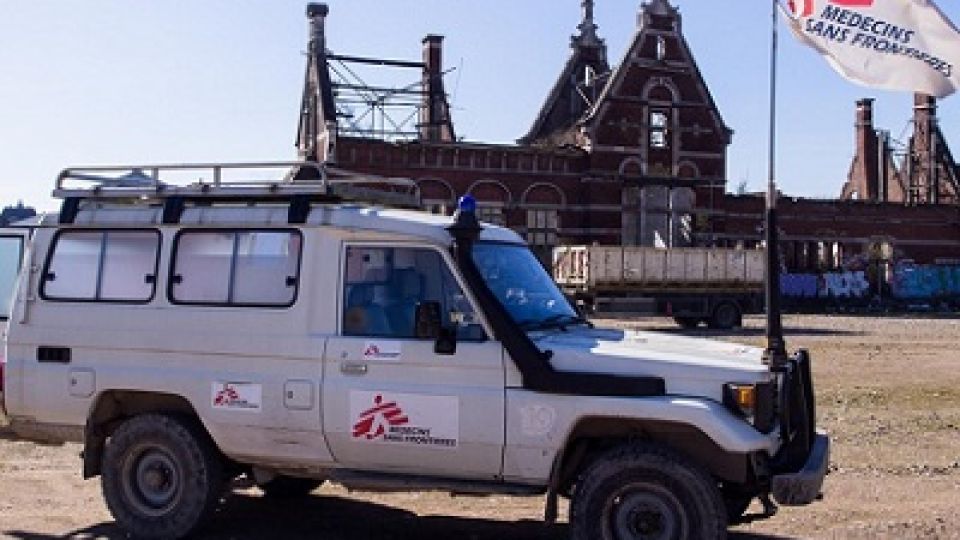from RAJI BASHIR in Khartoum, Sudan
Sudan Bureau
KHARTOUM, (CAJ News) – ONGOING social media monitoring has revealed a campaign of calumny towards the aid sector online in Sudan.
Médecins Sans Frontières (MSF or Doctors Without Borders) is at the centre of the attacks.
Insecurity Insight, the think-tank, presented the findings on sentiments expressed online in relation to an attack on an MSF convoy in southern Khartoum, the capital, which occurred on July 20.
During the attack, an MSF convoy transporting medical supplies to the Turkish Hospital was stopped by men less than a kilometre away from the hospital.
The attackers reportedly questioned MSF’s presence in the area, and then proceeded to physically assault members of the team, which comprised 18 people.
The driver of one of the MSF vehicles was detained and his life was threatened before he was released.
An MSF vehicle was also stolen during the incident.
Following the incident, MSF issued a statement in which the members of the group responsible for the attack were referred to as “armed men”, without mentioning or alleging any further association.
Insecurity Insight’s findings following a qualitative sentiment of social media comments on the incident makes for some disturbing reading.
It highlighted the views of predominantly men, mainly in Khartoum and who support the Sudan Armed Forces (SAF) and the military government against the Rapid Support Forces (RSF).
The SAF and government-aligned group reacted negatively to MSF’s neutral description of those who perpetrated the attack as “armed men”, because the social media users presumed the armed men to be RSF members.
Among this group who actively engaged with comments in relation to the attack on MSF, some 31 users explicitly expressed their belief that MSF “deserved” to be attacked by the RSF (16,5 percent).
Some 13 users explicitly expressed their belief that MSF collaborated with the RSF or its supporters (6,91 percent). Some 19 users also issued direct online threats against MSF (10,11 percent).
“These views cannot be assumed to reflect opinions among other groups in the conflict. Rather, they represent views shared in groups close to the SAF,” Insecurity Insight explained.
The aim of the survey is to contribute to the development of aid agencies’ risk management and communication strategies at a time when social media use is growing rapidly in many crisis-affected countries.
Sudan plunged into its latest conflict in April after a battle for supremacy between the RSF and SAF in the transitional government.
Although an estimated 13,49 million people – 28,4 percent of Sudan’s population – have internet access, it was concentrated in key areas such as Khartoum.
In 2022, it was estimated that Khartoum accounted for around 70 percent of the country’s electricity usage, with most rural areas suffering from unsteady access to electricity.
As a result, internet and social media usage is heavily biased towards Khartoum.
While Facebook, X (formerly Twitter) and other social media platforms are available in Sudan, internet freedom is low, with indications that the authorities “use intimidation to coerce internet users to delete content” they object to.
– CAJ News

